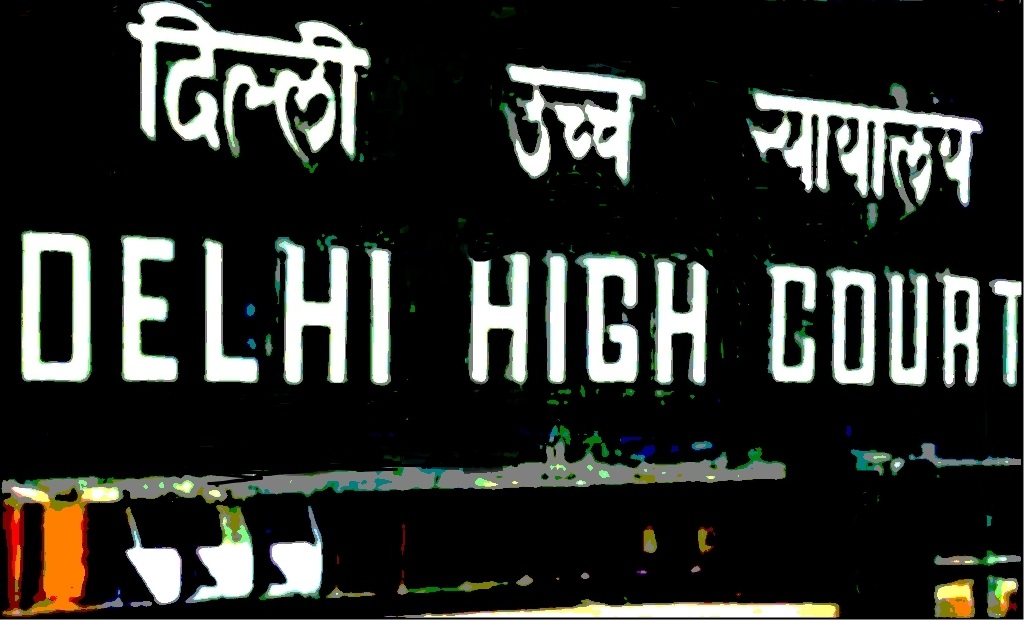Reinstatement of employee cannot flow as matter of right if acquittal is not honourable: Delhi HC

Read Judgment: JAHAN SINGH vs. TRIBAL COOPERATIVE MARKETING DEVELOPMENT FEDERATION OF INDIA LTD TRIFED AND ANR.
Pankaj Bajpai
New Delhi, February 14, 2022: While hearing an appeal challenging employee’s dismissal from service on allegations of corruption during course of employment, the Delhi High Court has opined that even though the prosecution of an employee who was an accountant in public service, had culminated in his acquittal on account of the benefit of doubt, however while seeking reinstatement, such acquittal alone could not be claimed to be an indubitable testament to his bona fide conduct.
The Single Judge V. Kameswar Rao observed that the nature of the charges levied against employee (Petitioner), coupled with the fact that he was merely accorded the benefit of doubt on account of the failure of the prosecution to prove their case beyond reasonable doubt, would cast a shadow of doubt, in the eyes of the employer, insofar as his suitability for re-employment / reinstatement in public service is concerned.
Going by the background of the case, by an order dated March 19, 2013, Jahan Singh (Petitioner) was dismissed from service under Rule 19(i) of the CCS (CCA) Rules, 1965 based upon his conviction u/s 7 & 15 of the Prevention of Corruption Act, 1988 by judgments dated November 22, 2012 and December 3, 2012 of the Special Court, Delhi. The challenge of such conviction orders before this Court, however, resulted in his acquittal and exoneration from all charges. Later, the petitioner was appointed as Accounts Clerk by the respondent vide letter dated October 22, 1990. He was promoted to the post of Accountant Grade-II and further promoted to the post of Accountant Grade I.
However, the respondent suspended the petitioner and paid only subsistence allowance during the period from October 17, 2003 till February 2013. The counsel for petitioner submitted that the petitioner has exhausted the alternative remedy available to him by approaching the Central Administrative Tribunal (CAT) which was dismissed on the ground that the respondent is not amenable to the jurisdiction of CAT as it is not notified u/s 14(2) of the Administrative Tribunals Act, 1985. It was contended that the allegations against the petitioner have not been established by way of a regular departmental inquiry and the petitioner was denied reasonable opportunity to defend himself.
Since no inquiry was held according to procedure established by the competent authority prior to imposing the penalty of dismissal from service, the counsel contended violation of Article 311 of the Constitution. It was also contended that the respondent has arbitrarily and vexatiously denied past and present service benefits and payment of salary and allowances as per rules, even though the petitioner has an unblemished record with the respondent, and hence, there is violation of Article 14 & 16 of the Constitution.
After considering the submissions, Justice Rao found that the Supreme Court in its decision in the case of Union Territory, Chandigarh Administration & Ors. v. Pradeep Kumar & Anr., (2018) 1 SCC 797, has held that the mere acquittal in a criminal case is not conclusive of the suitability of the candidate to the post concerned, and if a person is acquitted or discharged, it cannot always be inferred that he was falsely implicated or that he had no criminal antecedents.
At the same time, the Supreme Court in case of Pradeep Kumar also observed that if it is not an honourable acquittal, the candidate cannot claim the benefit of the case, added the Single Judge.
Justice Rao further found that the charge against the petitioner is that he had demanded a bribe and the basis for this Court to set aside the conviction was primarily that there were contradictions in the case of the prosecution, due to which it failed to prove the demand of Rs.4,00,000/- by the petitioner beyond reasonable doubt, and that as such, he is entitled to the benefit of doubt.
“The Judgment also indicates that the petitioner had indeed visited the hotel where the complainant and Dr. Shaukatullah were staying, as is clear from the statement of the petitioner himself. The prosecution relied upon the statement of independent witness one Satbir Singh, who was hiding in the bathroom and heard the conversation through an earphone. The evidence of Satbir Singh was discarded as he did not depose on any other aspect of the conversation as stated by the complainant”, added the Single Judge.
The High Court observed that it is a settled position of law that the nature of evidence required to be seen in criminal proceedings and in disciplinary proceedings is different, as, in disciplinary proceedings, the charge framed needs to be proved on preponderance of probability, unlike in a criminal case where the offence has to be proved beyond reasonable doubt.
“Had disciplinary proceedings been initiated against the petitioner on the charge which was the subject matter of the criminal proceedings on the basis of the evidence that has surfaced, i.e., the fact the petitioner had visited the hotel and that Satbir Singh, the independent witness who was hiding in the bathroom had heard the conversation wherein the petitioner had made a demand of Rs.4,00,000/-, the same would have been a sufficient ground for dismissal of the petitioner from service”, added the Court.
The High Court therefore dismissed the petition and concluded that the petitioner is not entitled to setting aside of the order of dismissal and his reinstatement in service.
Sign up for our weekly newsletter to stay up to date on our product, events featured blog, special offer and all of the exciting things that take place here at Legitquest.




Add a Comment